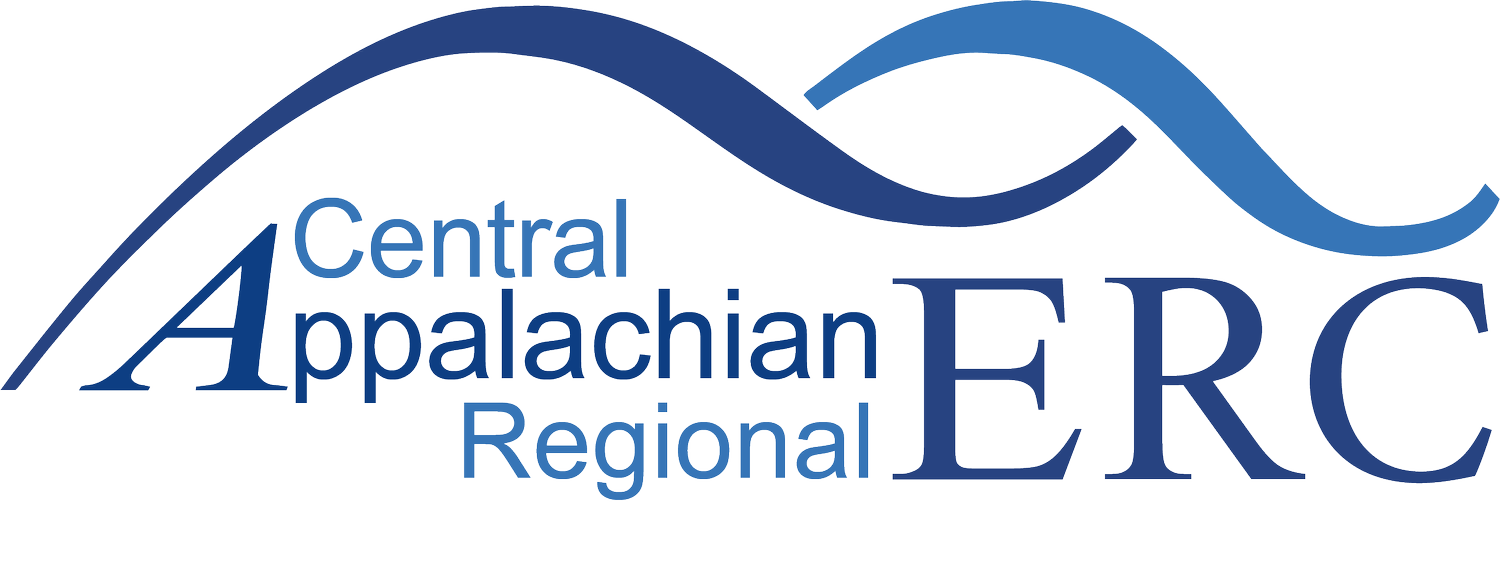
Pilot Grants in progress
PILOT PROJECT RESEARCH TRAINING (PPRT) PROGRAM
The CARERC Pilot Project Research Training Program (PPRT) focuses on regional occupational safety and health priorities and tends to support between five to seven projects each year for 12 months with approximately $10,000 to $20,000 (direct costs), depending on availability of funds. A six month no-cost extension has been offered when needed, but applicants must complete their work and expend their budgets within 18 months. Special consideration is given to projects that:
• are likely to have a sustained, measurable impact on safety and health in occupational industries in our region;
• improve occupational disease and injury surveillance;
• address the needs of vulnerable populations such as ethnic minorities, persons with low literacy and limited English proficiency skills, and workers with low socioeconomic status;
• hold the potential for creating innovative solutions to persistent and/or emerging problems such as the increasing suicide rates associated with certain occupations, increasing incidence of vector-borne and emerging infectious diseases in our region; prevention of road-way collisions with commercial and slow-moving vehicles, noise-induced hearing loss, lower back injury and other musculoskeletal disorders, hazardous dust and chemical exposures, respiratory diseases, and high rate health issues associated with hot-outdoor-jobs;
• facilitate the adoption, use, and institutionalization of primary prevention tools such as equipment and machinery modifications.
The PPRT provides opportunities, particularly for students and junior faculty, to develop new skills and techniques for developing larger more complex studies. Priority for PPRT funding is given to students, medical residents, junior faculty, and investigators new to the field of occupational safety and health.
The primary goals of our PPRT are to provide initial support for new occupational safety and health investigators to develop innovative methods of investigation and prevention/intervention in occupational safety and health and establish new areas of occupational safety and health research that address National Occupational Research Agenda (NORA) and regional priorities and acquire sufficient data to pursue funding for larger studies. We wish to expand the research-investigation capacity of other occupational safety and health programs in our region and enhance our external partnerships as well as to encourage investigators from other disciplines to apply their expertise to occupational safety and health research. This program helps to increase the development of research-to-practice projects distributed widely across our region.
PPRT Program Process
Applications from students or post-doctoral fellows must show collaboration with at least one faculty member who is qualified to provide technical guidance on research, protection of human subjects, and budget management. Collaboration among regional institutions is encouraged and applications demonstrating interdisciplinary design and cooperation are highly favored. The following describes our process for scoring and selecting projects to receive funding.
Proposals are scored based upon the following categories:
• Relevance: Project addresses NORA priority areas in occupational safety and health. Project meets important regional occupational safety and health needs.
• Significance: Project is likely to lead to measurable outcomes and a significant impact on regional occupational safety and health practice.
• Innovation: Project offers a novel methodology or approach and/or has the potential to lead to significant innovations in the field.
• Validity and reliability of the methodological approach to conducting the study.
• Realistic expectation of project completion within the timeframe and resources provided.
• Research capacity building in trainees and new investigators.
• Potential for future grant support.
• Interdisciplinary design / interdisciplinary collaboration.
Applicants must provide a detailed budget and documentation related to human research subjects’ protection (and animal welfare, if applicable). Formal written approval from an Institutional Review Board or Animal Care Committee, or exemption when appropriate, is required prior to release of award funds.

